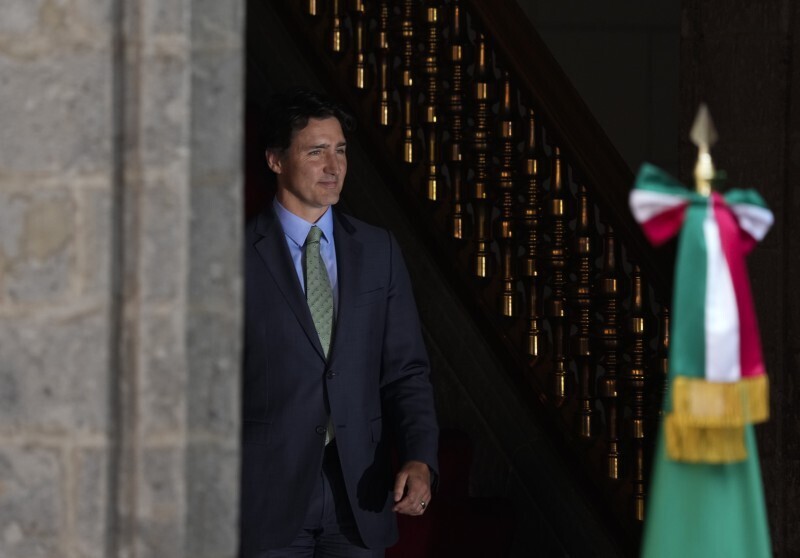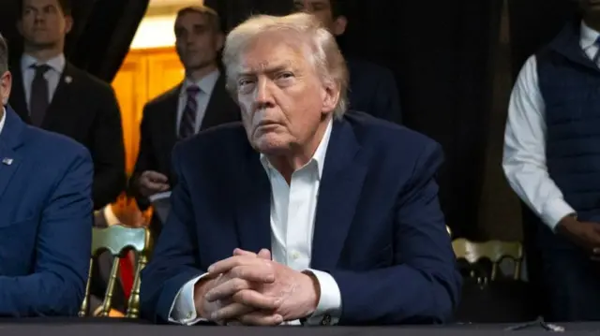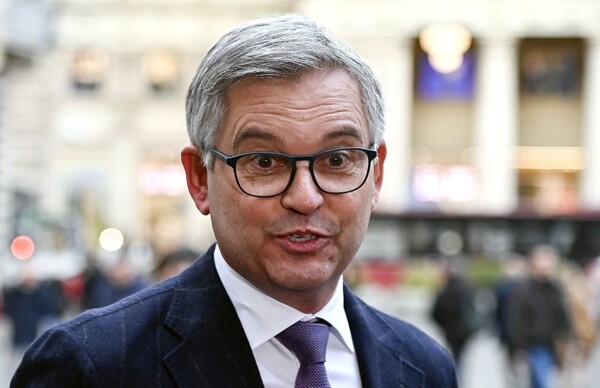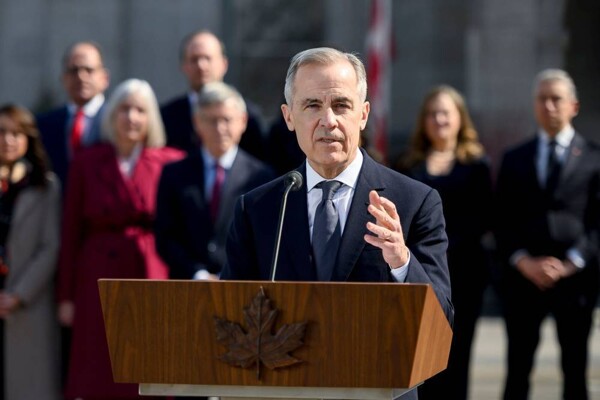
The Canadian government announced on Thursday the inclusion of seven criminal organizations, including Mexican drug cartels, in the list of terrorist groups, following the previous decision by the United States. Canada's Minister of Public Security, David McGuinty, communicated the measure in Ottawa, one day after U.S. President Donald Trump formally included these Mexican cartels in his list of terrorist groups.
McGuinty initially did not reveal the names of the seven criminal organizations considered terrorists by Canada but stated that international criminal organizations, including cartels, play a crucial role in the production and distribution of fentanyl in the country. The minister stated that it was necessary to declare them terrorist groups to provide all available tools to security forces.
"Transnational criminal organizations, including cartels, have a prominent role in the production and distribution of fentanyl for Canada. Our government has all the available tools to disrupt the operations of these organizations in our communities. The reason is to keep our communities safe," expressed McGuinty.
The declaration as terrorist groups implies the freezing of assets and properties of these groups in Canada, as well as prohibiting Canadian citizens or residents from maintaining commercial relationships with them. The measure, which was not coordinated with the U.S. government, according to McGuinty, aims to strengthen the police's ability to investigate the financial transactions of these organizations and dismantle their illicit activities in the country.
Mexican President Claudia Sheinbaum responded to Trump's decision to declare Mexican cartels terrorists by sending two reforms to the Constitution to protect national sovereignty and establish maximum penalties for arms trafficking and unauthorized foreign agency espionage. This strategy adds to the actions of Canada and Mexico to prevent possible tariffs from the United States in case stricter measures on border security are not implemented.














